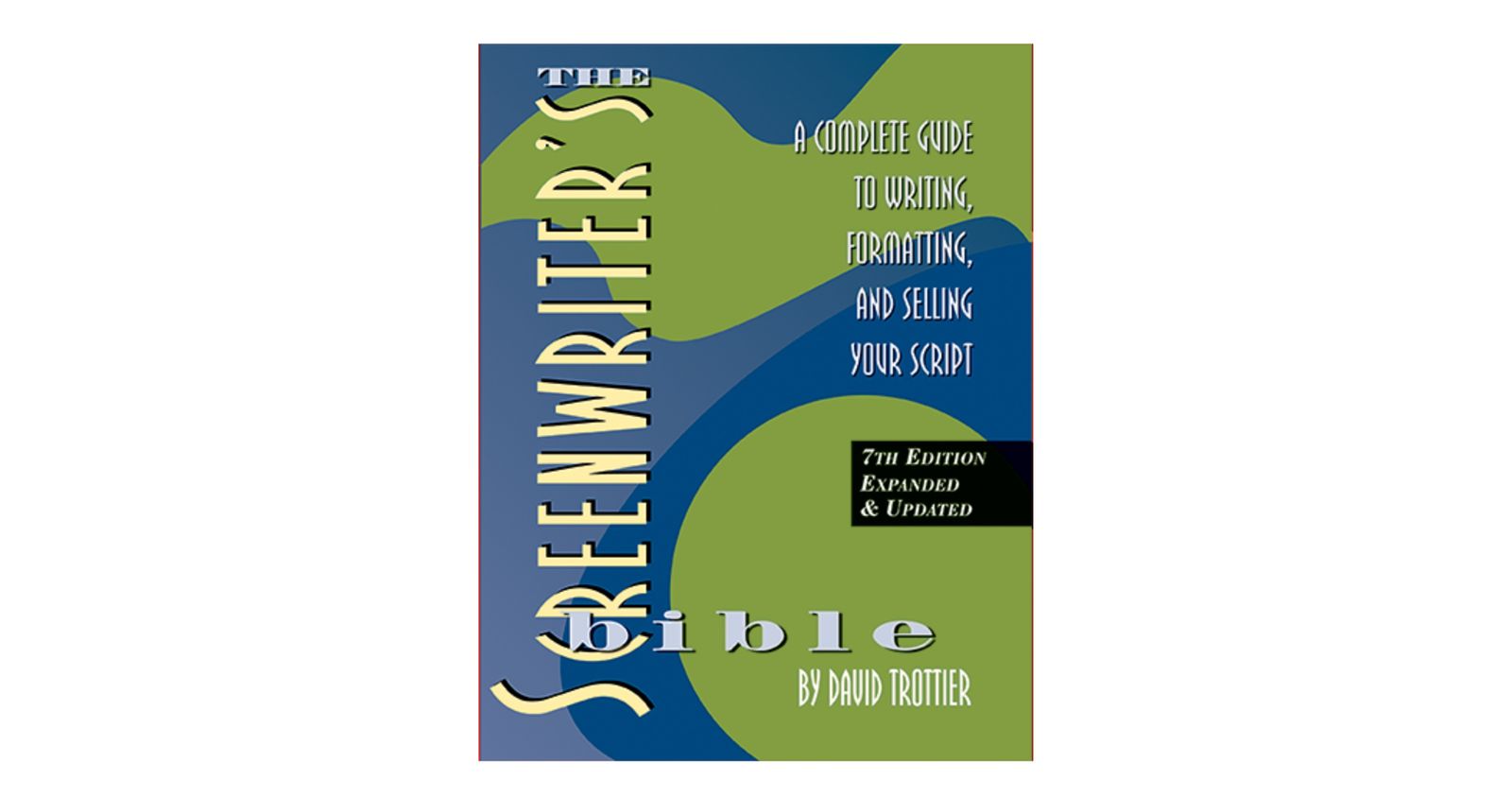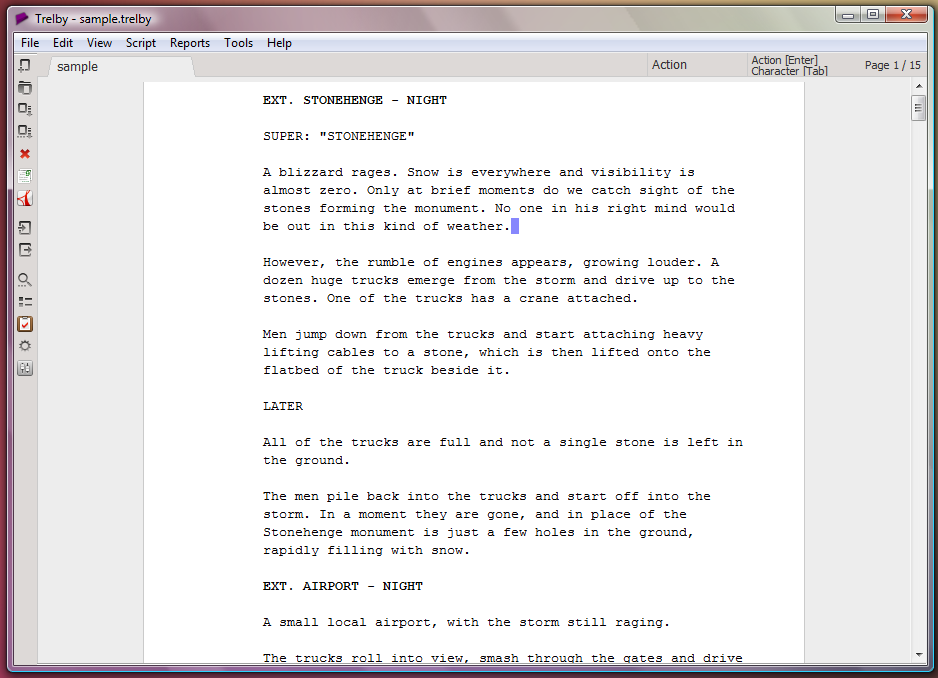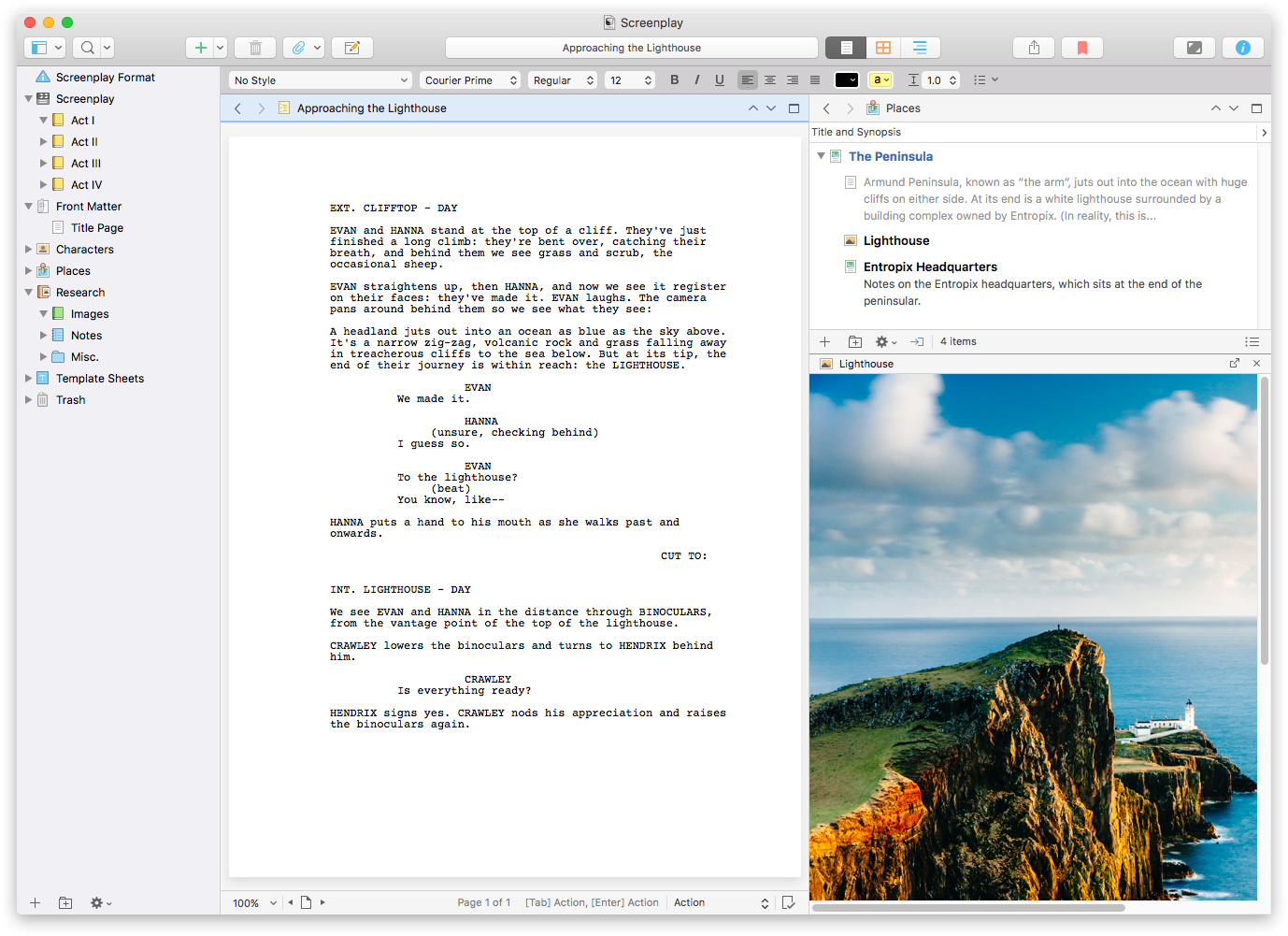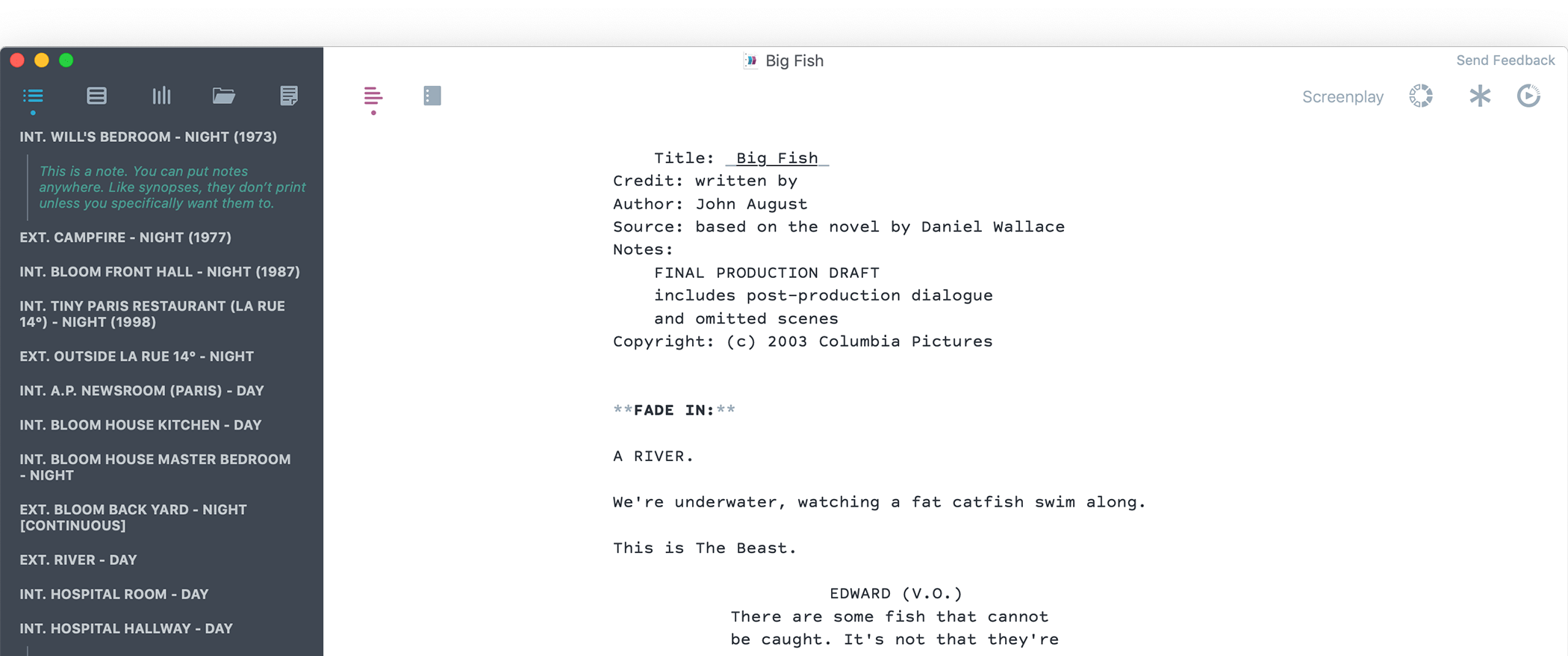Although I’m known for writing novels, I spent an extended period of my life pursuing a film career. I wanted to direct, but I transitioned to writing when I couldn’t find the stories I wanted to tell.
This shift presented a problem: I got into film to evade writing, which meant I had to confront my fears. I wasted a lot of time before I finally forced myself to take the plunge and do the work, but this experience set me on a path. I wanted to teach others the lessons I learned and avoid the obstacles that got in my way.
I’ve been doing it for over ten years, and I thought this week’s newsletter would be a good time to share some essential tools for people starting out who want to tell their stories on the screen.
 The Screenwriter’s Bible
The Screenwriter’s Bible
The biggest challenge for most new writers is understanding the formatting of a screenplay. It’s unique and the most off-putting part of the process.
There are a lot of books and websites out there to help answer those questions. Unfortunately, there is a lot of conflicting information, often because there are multiple ways to do things.
For this reason, I always introduce The Screenwriting Bible by David Trottier as the go-to resource to answer most questions. It offers a standardized, well-rounded approach that still provides multiple solutions.
There are also many screenwriting programs out there—all of which have their pros and cons.
The two most recommended ones are Final Draft and Celtx, but it comes with my one HUGE caveat: I’m not a fan of either of them—especially when you are starting out.
Final Draft is pretty much the industry standard and offers a lot of tools for production. It also comes with industry pricing.
Celtx offers a freemium model, which allows you to write a few scripts before having to pay (or delete them as you go to stay under the limit). Unfortunately, they’re aggressive in their upselling, and I have had far too many students accidentally paying for a year subscription.
 An example of Trelby’s layout
An example of Trelby’s layout
On the other hand, Trelby is a free screenwriting program.
It’s not the prettiest, and it doesn’t have all the specific features that you’ll get with professional software, but it is the one many of my students use to learn the craft.
 An example of Scrivener’s layout
An example of Scrivener’s layout
This software isn’t precisely scriptwriting software, which is why I am mentioning it.
Scrivener is a heavy-duty offering that allows you to either write your screenplay, your novel, your thesis paper…pretty much whatever you want.
You can use it for research, outlining, and publishing and handles all of it.
I often use it in my class, simply because it is quick and reliable.
 An example of Highland’s layout
An example of Highland’s layout
My last recommendation is Highland 2 because it is one of my favourites.
Co-created by screenwriter John August (Charlie’s Angels, Big Fish), it is similar to Scrivener and can be used for almost any writing form.
I am a big fan of it, but unfortunately, since I only use an iPad now, I haven’t been able to use it. Hopefully, they’ll release an iOS version someday.